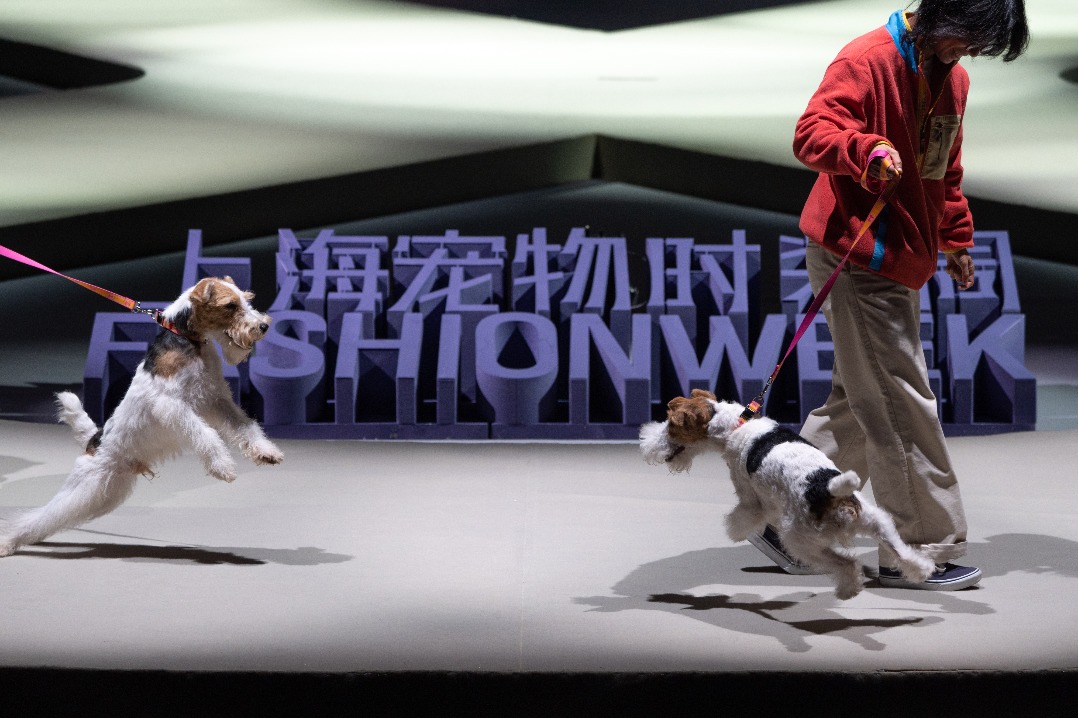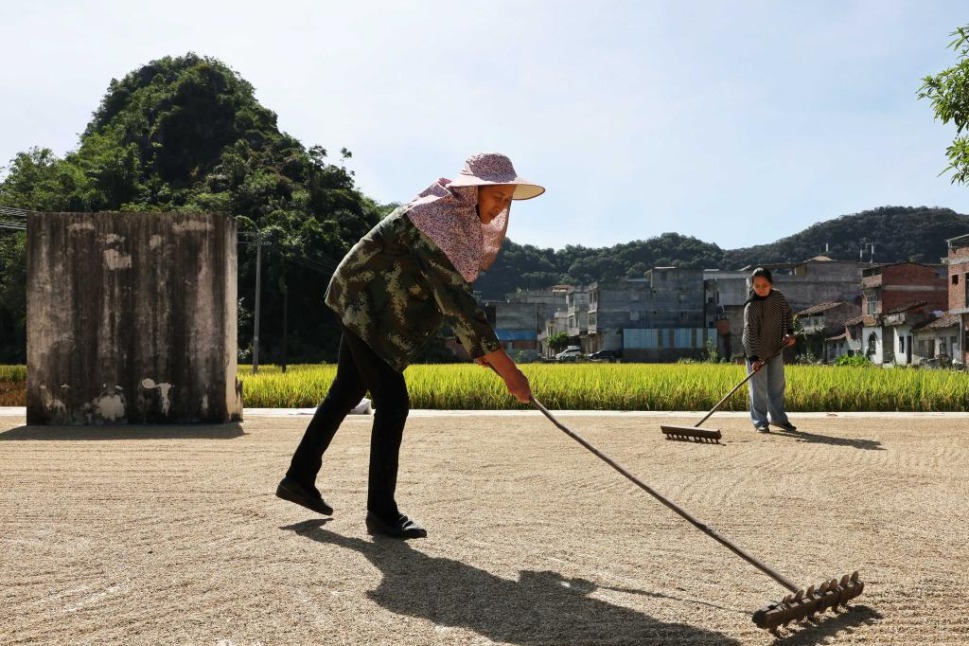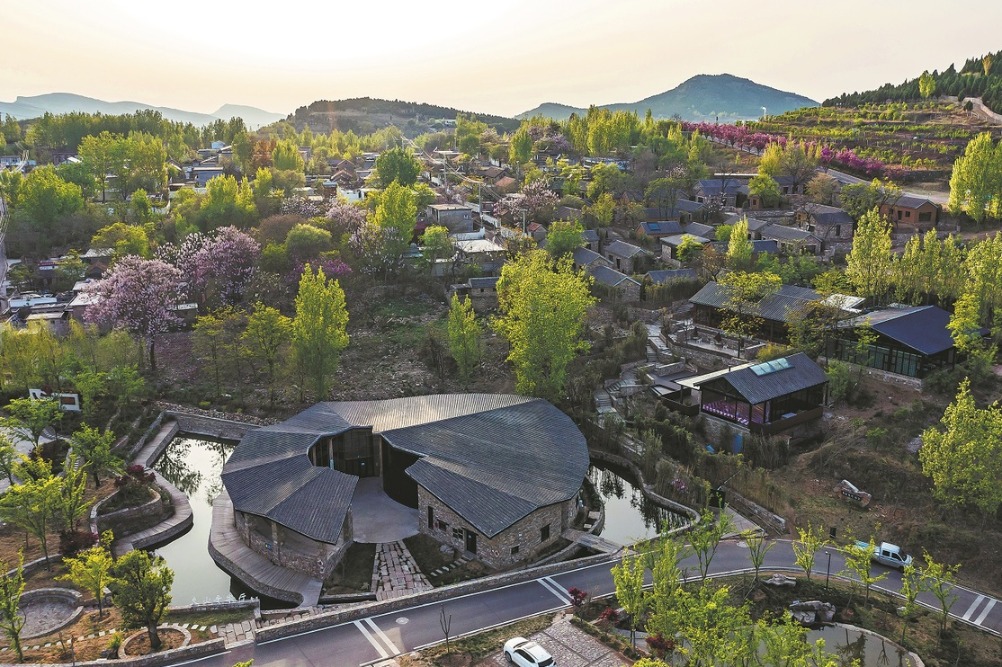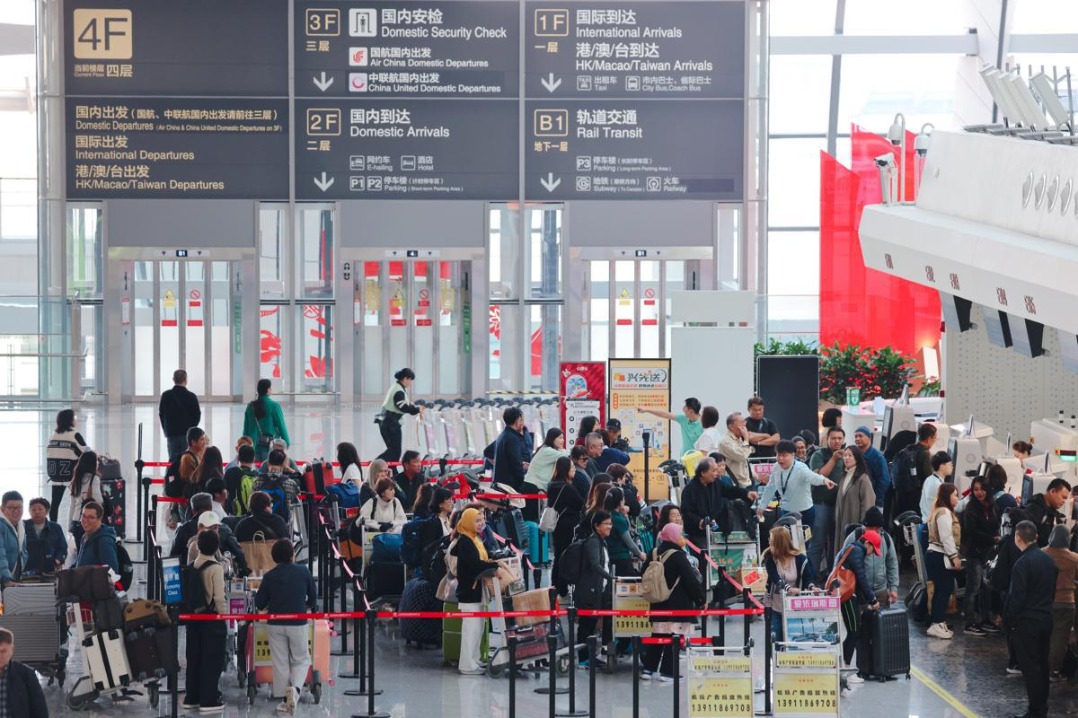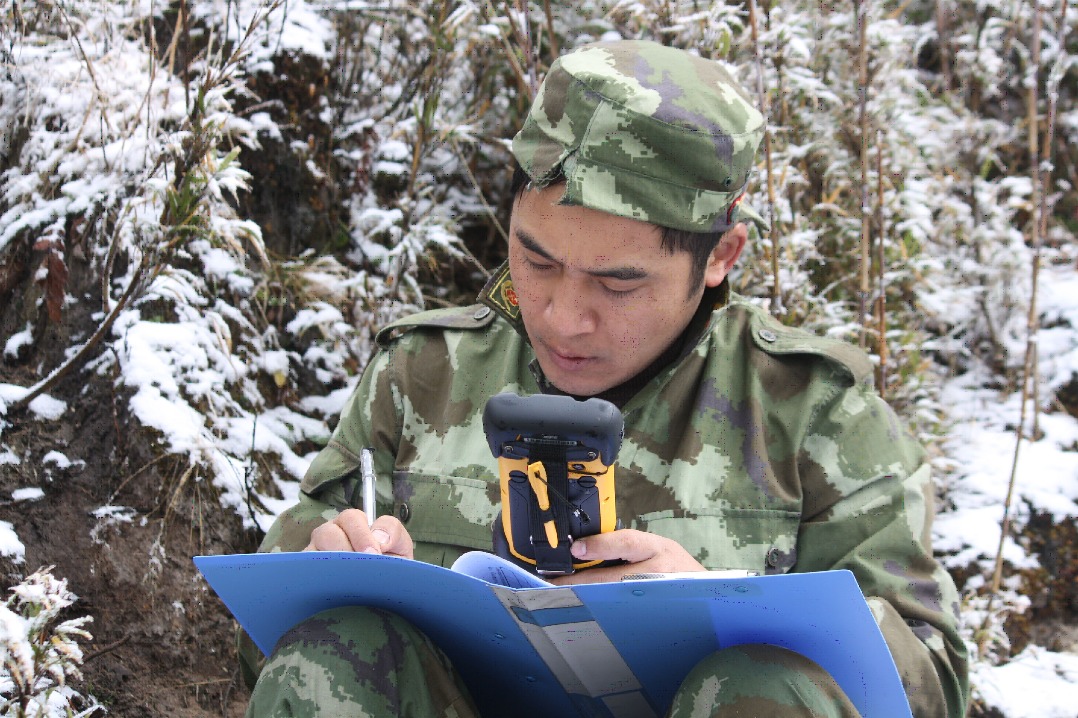Tobacco and athletics finding mutually beneficial blend in Yunnan plateau city

Asia's largest tobacco production base is shifting its focus to more eco-friendly practices while attempting to reshape its image as one of China's best-known sports training areas, a senior official has said.
"Have you ever dreamed of running a marathon through fields of golden rapeseed flowers? Qujing in Yunnan province makes such a dream come true," said Dong Baotong, the city's mayor.
On March 12, nearly 8,000 runners from 36 countries and regions took part in the 2018 Rock 'n' Roll Marathon in the city's Luoping county, which is renowned for its sea of rapeseed flowers that reaches full bloom each spring.
"I have run many marathons around the world, and Luoping's wonderful views, great weather and inspiring music makes the competition more amazing and exciting year after year," said Yu Xiaoyi, this year's winner of the men's half-marathon.
Coal and tobacco have long been core industries in Qujing, the province's second-largest city. Its average temperature of about 15 C and sufficient year-round sunshine ensure the city provides high-quality tobacco leaves.
"Now we're trying to make use of our natural advantages to become a driving force that can boost eco-friendly industries such as tourism and sports," Dong, a deputy to the 13th National People's Congress, said on the sidelines of the annual legislative session in Beijing.
"Traditional industries still play major roles in the city's economic structure. But in the next five to eight years, I believe Qujing will emerge with a new global image as a model eco-friendly city."
Efforts in recent years have borne fruit, he said, with coal production in the city dropping from 50 million metric tons in 2013 to 25 million tons last year.
The tobacco industry's economic contribution has remained stable over the past two years.
"Tobacco is still our key sector, and profits feed a large number of farmers. But the industry should be diversified, and emerging sectors should be lifted up," Dong said.
In addition to encouraging local farmers to grow medicinal herbs, among other commodities, the local government is exploring the sports sector as a way of boosting the economy and promoting tourism.
Dong said Qujing's Malong county is known as a national center for competitive walking, as many of the country's top walkers were born there, including 1995 World Race Walking Cup champion Li Zewen and Rome 2016 IAAF World Race Walking Team Championships winner Zhang Jun.
Last year, Qujing invested nearly 1.6 billion yuan ($253 million) in facilities aimed at boosting the sports sector.
Revenue from sporting competitions as well as related exhibitions and services reached 2.2 billion yuan last year, according to data from the Qujing tourism development committee.
The city hosted 136 sports events in 2017, including the Ironman 70.3 Qujing Triathlon, the International Women's Tennis Association World Tour, and the International Youth Football Championships.
"With an average altitude of 2,000 meters and possessing unique advantages in both weather conditions and sporting culture, Qujing is the most attractive plateau sports center in China," said Tan Zengquan, director of the city tourism committee.
Last year, tourists from both home and abroad visited Qujing more than 26 million times, bringing the city over 28 billion yuan in revenue, an increase of 83 percent from the previous year.
- Beef up collaboration against global housing crisis
- Developing global AI governance framework highlighted at WLA forum
- China's AI boom sees new wave of applications
- Over 60% of China's population proficient in primary or higher digital skills
- Over 3.41m eligible for China's annual civil servant intake
- China urges US to cease arming Taiwan
















